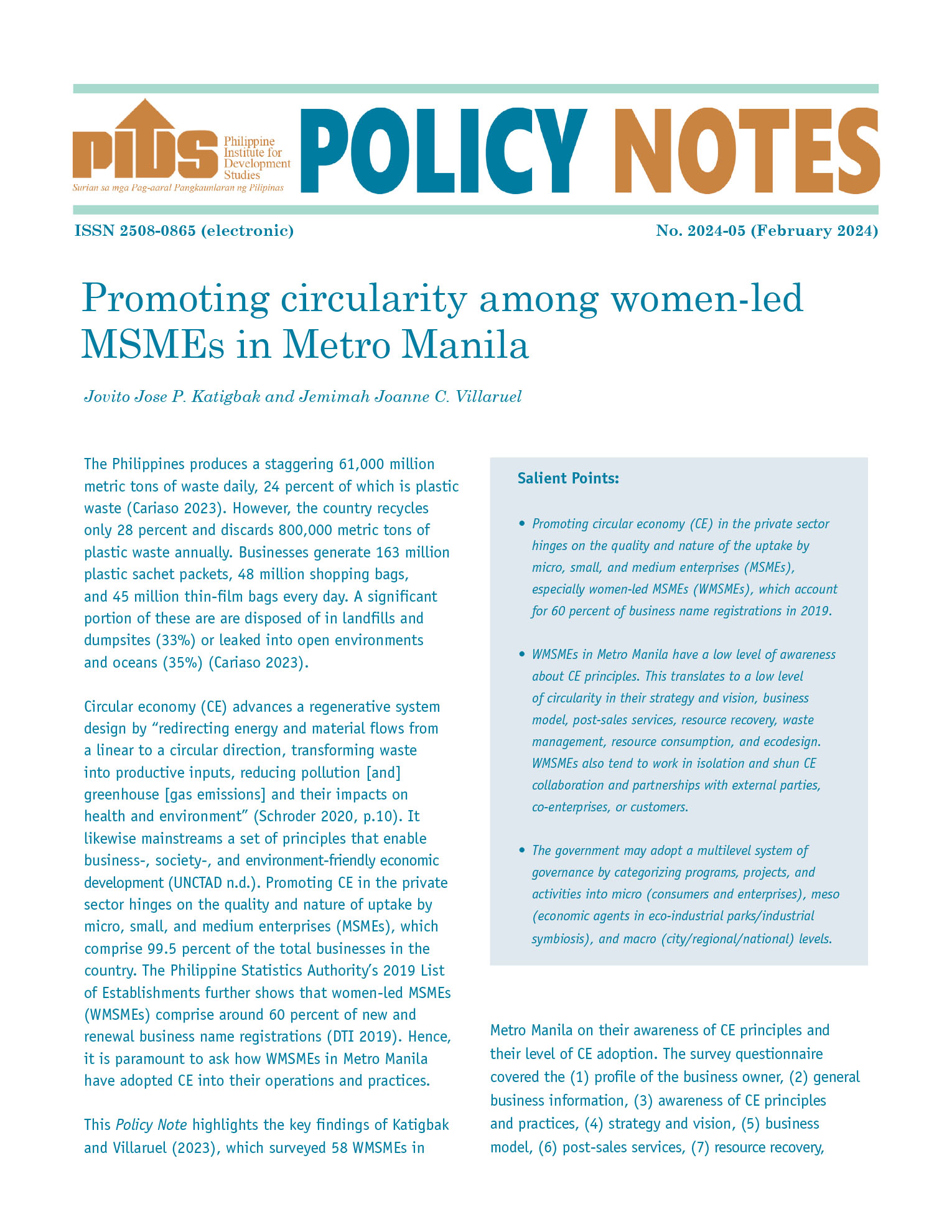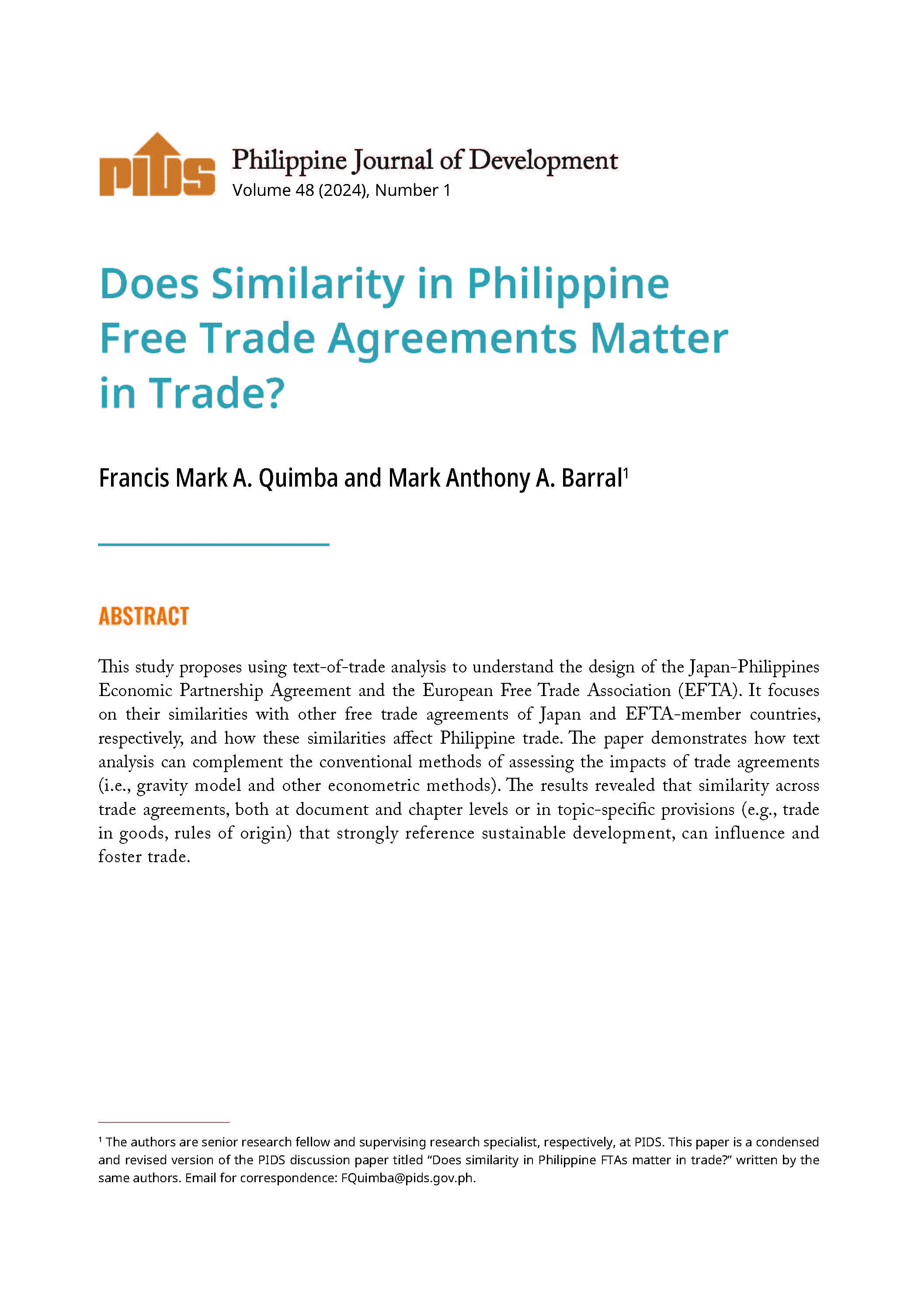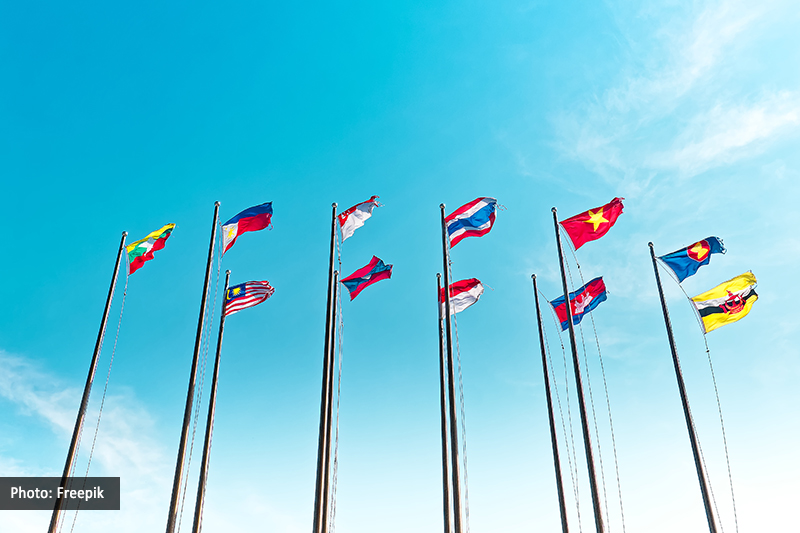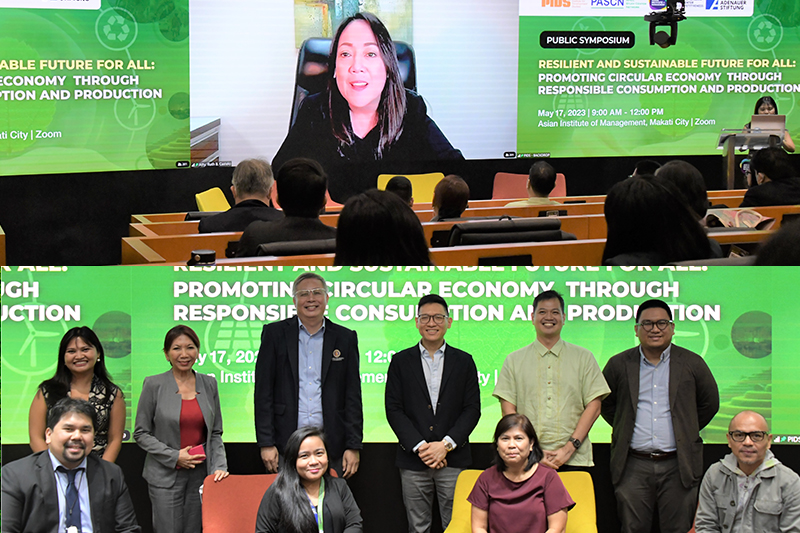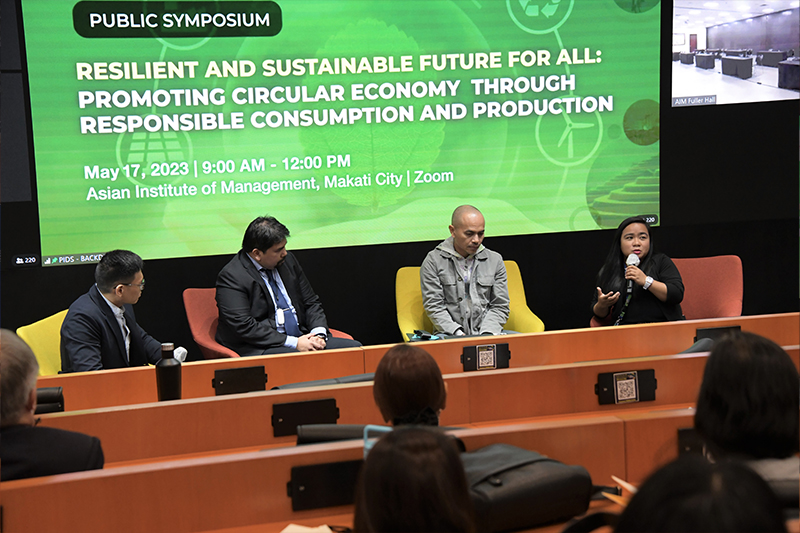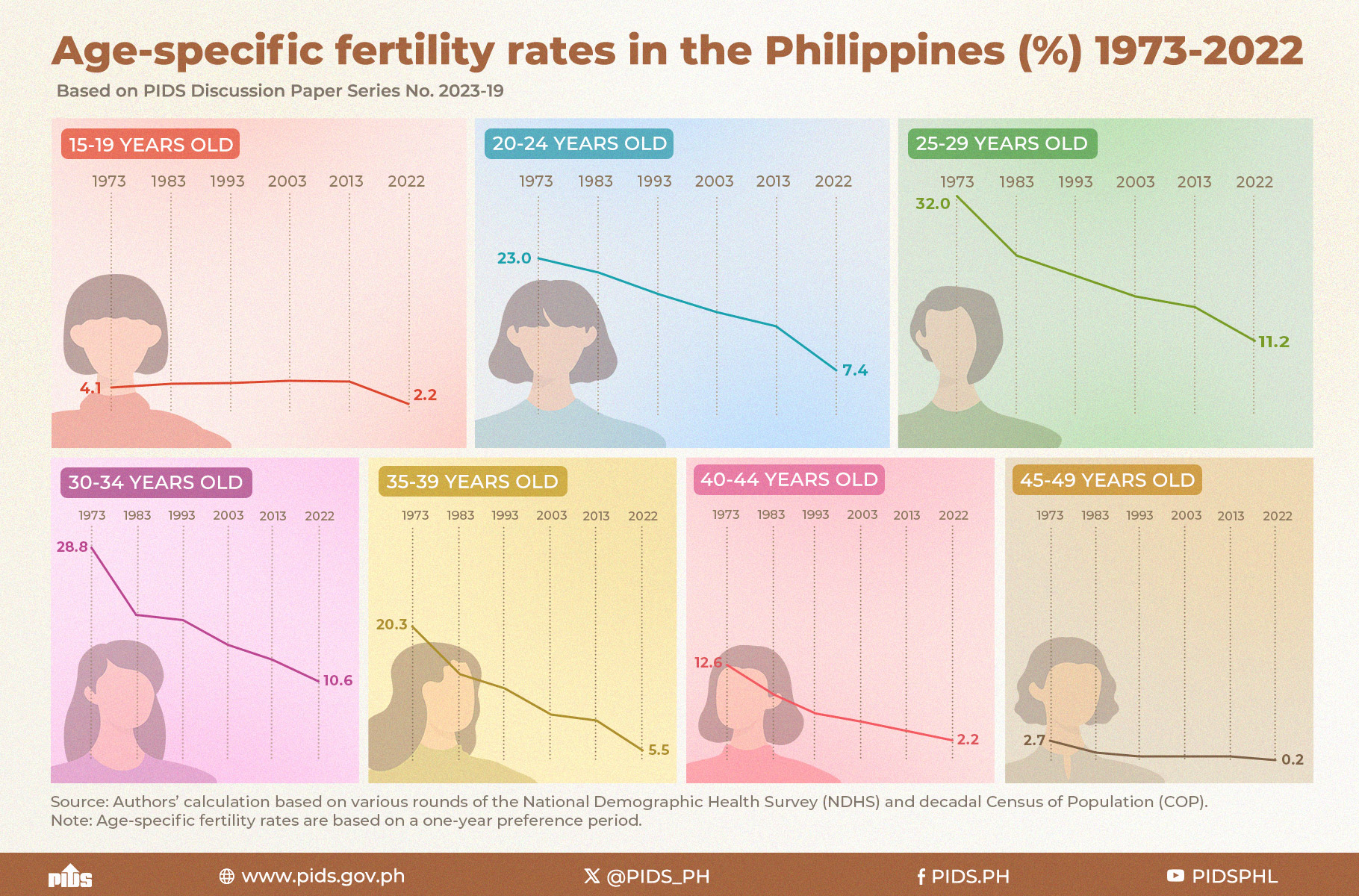MANILA – The Philippines should quickly ratify the Regional Comprehensive Economic Cooperation (RCEP) free trade agreement as it may lose out on massive economic benefits from the deal, several experts said on Wednesday.
In a webinar organized by the Department of Trade and Industry (DTI), Francis Mark Quimba, senior research fellow at the Philippine Institute for Development Studies (PIDS), said the country cannot be the last economy to ratify the trade deal.
Quimba said the country will "miss out," and suffer a decrease in exports and its gross domestic product (GDP).
"Based on what I have estimated, we've shown that there will be a marked increase in improvement of exports," Quimba explained.
Caesar Cororaton, senior research fellow at the Institute for Society, Culture, and Environmental/Global Issues Initiative, said RCEP will lead to lower trading costs in the region which would greatly benefit participating economies.
"The reduction in cost among RCEP member countries would lead to higher volume of trade within the region," Cororaton said.
"Of course, imports would also increase but then the results that was I able to generate is that we'll have a higher growth on exports."
Based on Cororaton's estimates, by 2030, the Philippine economy is seen getting a 0.84 percent boost from the trade deal, with exports growing by $406.9 million.
And if the country cannot benefit from the trade deal, the local economy will lose 0.19 percent in GDP and $129.8 million in exports by 2030.
Trade Secretary Ramon Lopez also said trade and investments would be diverted away from the country to the detriment of local businesses if the Philippines misses out on the free trade deal.
He said, Malacanang has already ratified the trade pact and is now just awaiting action from the Senate.
The agreement is scheduled to be fully implemented by January 1, 2022.
Ahead of this deadline, the country's biggest business group, the Philippine Chamber of Commerce and Industry (PCCI) is urging lawmakers to fast-track the ratification of the deal.
Ruben Pascual, Secretary General at PCCI also said, efforts to should not stop at ratification, adding that the government should also start preparing on how it can take advantage of the mega trade deal.
"The benefits are very clear but there's a lot of things that we need to handle in terms of customs, e-commerce. It's not only in the law but also in terms of the procedures," Pascual noted.
DTI Assistant Secretary Allen Gepty said, the agency has already been preparing the necessary laws and programs even before RCEP was signed by the Philippines and 14 of its free trade agreement partners last year.
Among these, Gepty shared, are the enactment of the Corporate Recovery and Tax Incentives for Enterprises (CREATE) Act as well as the pending amendments to the Retail Trade and Public Service laws.
Likewise, he said, the DTI has been launching several industry roadmaps for the artificial intelligence, innovation, manufacturing, as well as training and education sectors to prepare local businesses.
"In DTI, we have this program 'doing business in free trade area', thus expect that this program will be further intensified so that we can encourage businesses to avail of FTAs, not just RCEP," Gepty said.
The RCEP is a massive free trade deal headed by the Association of Southeast Asian Nations (ASEAN) which the Philippines is part of.
It's the biggest trade agreement in the world accounting for 30 percent of the world’s population, 28 percent of global GDP, and 28 percent of the world’s total trade.
Philippines urged to quickly sign RCEP treaty or miss out on trade opportunities


